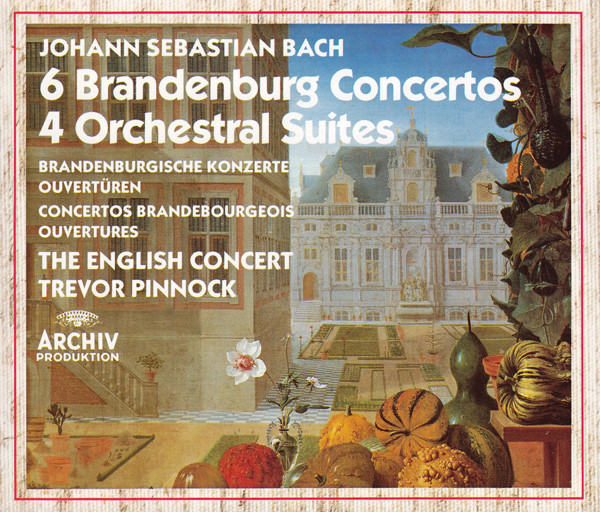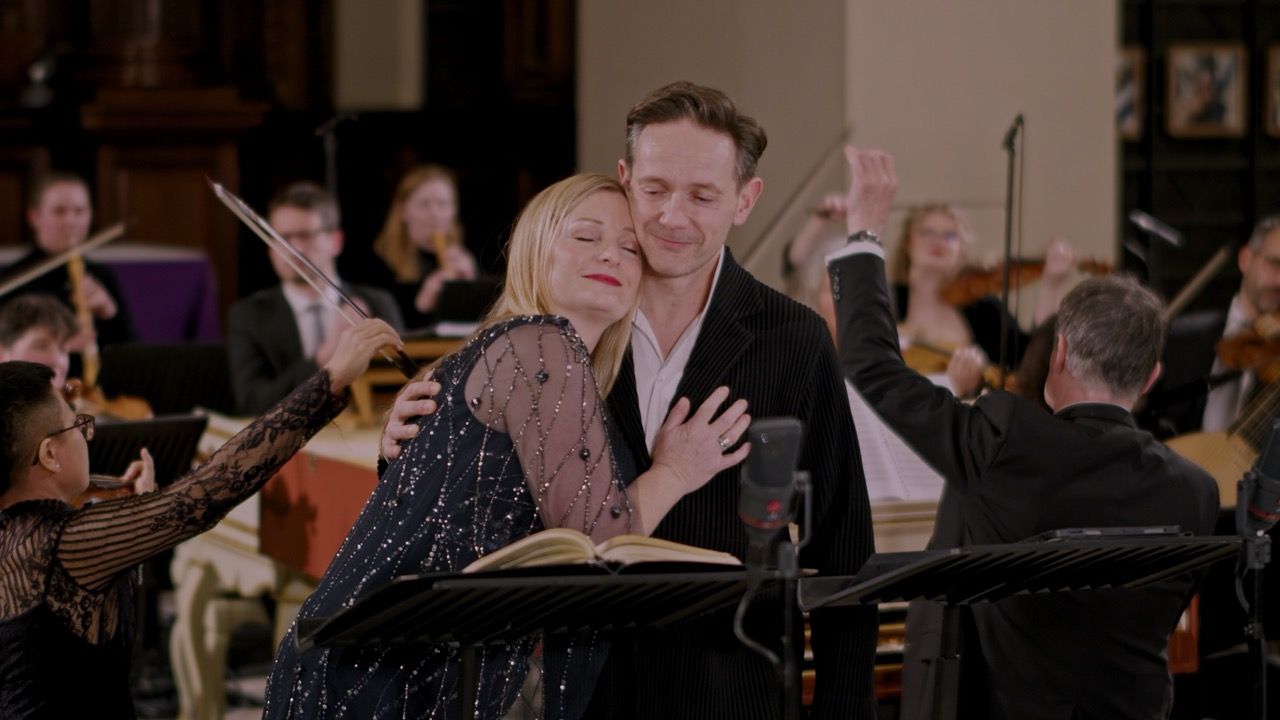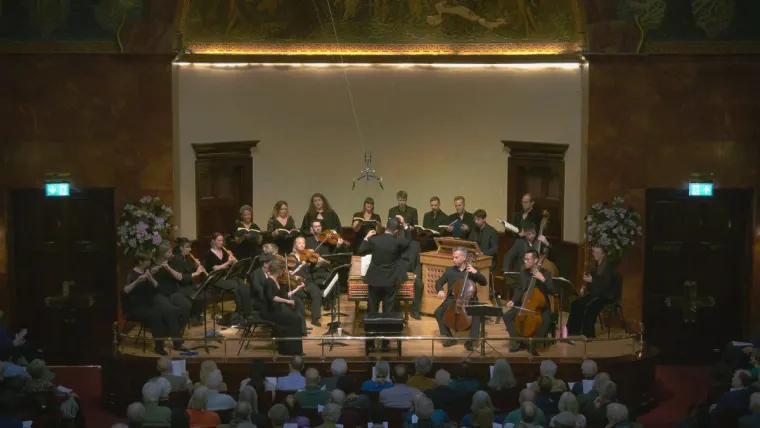Blog | June 01, 2019
Handel vs the Opera of the Nobility
Handel’s Rivalries and Musical Rebellion It’s easy to think of Handel as the all-conquering hero, arriving in London from his Italian adventures, and commanding the operatic scene for the rest of his life. While any passer-by on the streets of London would instantly know Handel’s name, his crown was not without its challengers. Foremost amongst these was the Opera of
Keep Reading
Trumpeter Alison Balsom appeared on BBC Radio 4’s This Cultural Life, and dedicated a section of the programme to our 1982 recording. Many thanks to Alison for allowing us to adapt her interview for this month’s very special guest recommendation from the TEC archives.
The English Concert is featured twice in The i Paper’s annual highlights.
Get Involved
As a charity, TEC’s work is reliant on the support of people like you. Find out more about how you can make a difference.



